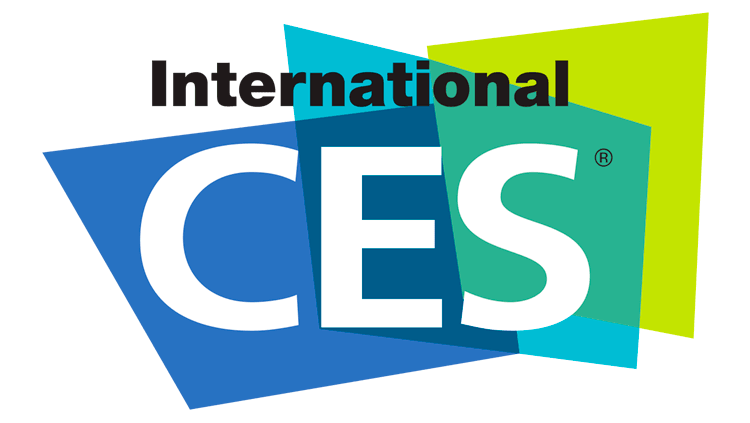As one of the world's most innovative research and technology organizations, the CEA has been present at CES Las Vegas for the past ten years, showcasing the demonstrators and start-ups that have emerged from its laboratories and expertise, backed by its extensive portfolio of patents. Energy, healthcare, digital technology, mobility... The projects presented at CES on the CEA stand are part of the major challenges of our time, which our researchers and engineers are tackling every day. From January 9 to 12, 2024, meet the CEA at booth #61101, Venetian expo, Hall G.
Discover two innovative CEA-List technologies on the CEA stand:
The “VXP” is an extended precision computing accelerator developed by CEA-List that speeds up scientific computing by a factor typically ranging from 3 to 10 or even more.
In scientific computing, precision is essential to accelerate the computing convergence towards acceptable results. Frequently, it helps the convergence of computations that would fail in lower precision. Therefore, the most suitable precision must be available according to the problem.
In software, it is quite possible to emulate the calculation with a precision beyond 64 bits, but it is very slow because the computer hardware remains in 64 bits.
It is therefore preferable to use hardware computers adapted for this. The CEA-List has therefore developed the VXP solution, a hardware accelerator that allows the precision of the calculation to be adjusted – up to 512 bits – which accelerates the calculation time.
The advent of smart devices and systems with their own local AI capabilities is one of today’s broader technology trends and a sign of major digital transformation. Not only is processing data near or at the source faster, but it also reduces data movement and protects data privacy and security.
On-chip AI creates a new set of challenges. The expectations for performance are high, yet the chip has to be small, lightweight, and low-power.
CEA-List developed a brain-inspired solution called NeuroCorgi to respond to these challenges.
NeuroCorgi, which can address multi-object classification, segmentation, and detection tasks, is built on a MobileNetV1 architecture optimized for mobile applications and uses less power than the sensor itself. This solution reduces consumption by a factor of 1000. This one-of-a-kind circuit makes it possible to address previously
inaccessible applications. It enables AI processing at the edge, with a
lower energy footprint than data acquisition.
Learn more about CES: https://www.ces.tech/
